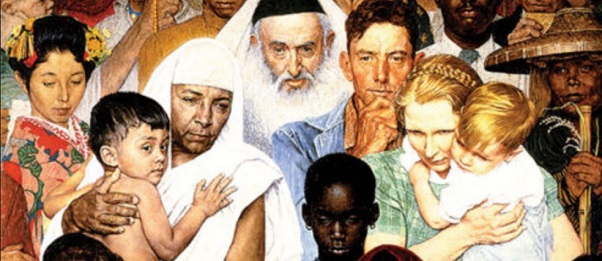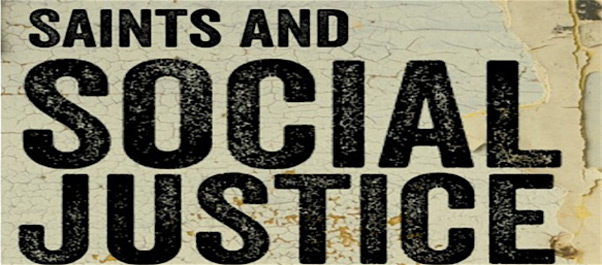
Dear friends,
For the next several postings, I will be answering real questions from real people. In some cases, I am summarizing more than one question on the same topic. These questions have come to me from colleagues and friends, students in classes, audience members in talks, friends in my church and in my community. My aim is civil, insightful conversation that will stimulate thoughtfulness and wisdom that leads to fresh solutions that are inclusive and just, understanding that we live in a pluralistic world. People of conscience and goodwill will see issues – and even the universe itself! – very differently. In a world of instant reactions, I am pleading with my readers to think and live thoughtfully. This does not mean compromising conscience or faith-commitments. It does mean treating others according to the Golden Rule.
In the coming weeks, we will answer sincere questions, such as:
- “Where does all the new money come from for government programs?
- “Is there a compassionate and just solution for immigration and the mess at the southern border?
- “Is there any hope for peace in the pro-choice/pro-life conflict?”
- “I am confused. How do I navigate the gender complexities? What about my religious beliefs about sexual conduct?”
- What is the best relationship of parents with their local schools? How much voice should families have in their children’s education?”
- “I want to care for the earth, but are we really in danger of global catastrophe in the next decade without drastic changes?”
- “Why is there no end to the conflict in the Middle East? Id Israel really an ‘apartheid state’?”
- “What is true ‘social justice’? I keep hearing this phrase and some of my friends use it all the time. Other friends say it is a code word for Marxism. What do you think?”
- And more…
As we begin this journey, let’s remember the four steps of the pathway to thoughtfulness: 1) We process our reactions. We are going to react. This is only human. Maturity is evident when we restrain our verbal and written responses and allow our emotions time to settle. 2) We take time for reflection (of course if there is tragedy, we extend our prayers and if there are celebrations of good things, we rejoice with others…the aim here is how we respond to issues affecting our culture) and go under the surface and gain perspective. 3) We do serious research beyond our favorite blogs and seek understanding of varying points of view. 4) We respond with the aim of principled consensus where possible. If our considered opinion is controversial or offensive to some, we share it as winsomely as possible.
Thoughtfulness includes gentleness and kindness (two of St. Paul’s fruit of the Spirit in Galatians 5:22-23), but it is not reducible to “niceness” or moral relativism, as we shall discover in the coming months. People ready to be offended will be, regardless of our winsomeness. Our aim is making the world better, not appeasing the easily slighted. If we err in our information or express ourselves too judgmentally, we will be quick to repent and repair as we can.
In some circles, being direct and offensive is considered “prophetic.” No, this reflects personality types and often a lack of reflection. “Prophetic” in the New Testament is focused on communication that builds others, encouraging and empowering moral action. There are times for clear denunciation of evil and calling out actions that are immoral: hopefully this is done with tears and a desire for the persons and systems to change.
Thank you for joining me on this journey toward wisdom.


